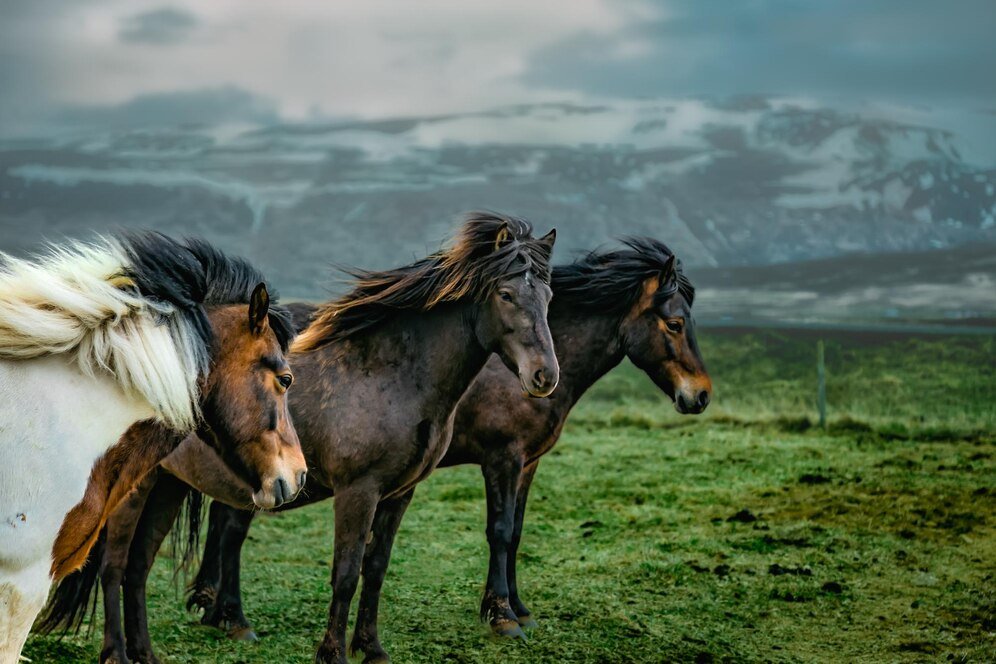Horse Breeds
Horses have been our companions and partners in various endeavors for centuries, serving in transportation, agriculture, sports, and leisure activities. The diverse world of horse breeds reflects their rich history, utility, and beauty.
Introduction to Horse Breeds
Horse breeding is an ancient practice that has evolved over time to create various breeds tailored for specific purposes and environments. Understanding the different breeds is essential for anyone involved in horse care, training, or riding.
Importance of Horse Breeds
Different horse breeds excel in different activities due to their unique physical and behavioral traits. Selecting the right breed is crucial for achieving success in various equestrian pursuits, whether it’s racing, jumping, dressage, or simply recreational riding.
Classification of Horse Breeds
Horse breeds are broadly categorized into three main types: light horse breeds, draft horse breeds, and pony breeds. Each type has distinct characteristics and is suited for specific tasks.
Light Horse Breeds
Light horse breeds, such as the Arabian and Thoroughbred, are known for their speed, agility, and endurance. They are often used in racing, show jumping, and pleasure riding.
Draft Horse Breeds
Draft horse breeds, like the Clydesdale and Belgian, are large, strong horses bred for heavy work such as plowing fields, hauling heavy loads, and logging.
Pony Breeds
Pony breeds, including the Shetland Pony and Welsh Pony, are smaller in size but are known for their hardiness, intelligence, and gentle nature. They are popular mounts for children and are also used for driving and light work.
Characteristics of Popular Horse Breeds
Several horse breeds have gained worldwide recognition for their exceptional traits and performance in various disciplines.
Arabian
The Arabian horse is renowned for its beauty, endurance, and intelligence. It excels in long-distance riding, endurance races, and horse shows.
Thoroughbred
The Thoroughbred is best known for its speed and athleticism, making it the preferred breed for horse racing and eventing.
Quarter Horse
The Quarter Horse is prized for its versatility, strength, and agility. It is widely used in Western riding disciplines such as cutting, reining, and barrel racing.
Clydesdale
The Clydesdale is a majestic draft horse known for its strength, gentle temperament, and distinctive feathering on its legs. It is often seen in parades and promotional events.
Shetland Pony
The Shetland Pony may be small in size, but it is robust, intelligent, and versatile. It is popular as a children’s mount and for driving competitions.
Factors Influencing Horse Breeding
Several factors influence the breeding of horses, including their intended purpose, the climate and geography of the region, and cultural preferences.
Breeding Practices
Various breeding practices are employed to produce desired traits in horses, including selective breeding, crossbreeding, and artificial insemination.
Challenges in Horse Breeding
Despite advances in breeding techniques, horse breeders face challenges such as genetic diseases, inbreeding, and environmental factors that affect the health and performance of horses.
Future Trends in Horse Breeding
The future of horse breeding lies in harnessing genetic technologies to produce healthier, more resilient horses with enhanced performance capabilities.
Conclusion
Horse breeds encompass a wide array of characteristics, from speed and athleticism to strength and endurance. Understanding the diverse world of horse breeds is essential for anyone involved in horse care, training, or breeding.
FAQs
What is the oldest horse breed?
- The Arabian horse is one of the oldest horse breeds, with a history dating back thousands of years.
Which horse breed is best for beginners?
- Beginner riders often find the Quarter Horse to be a suitable choice due to its gentle nature and versatility.
Are all draft horse breeds the same?
- No, draft horse breeds vary in size, temperament, and use. Some are better suited for heavy work, while others excel in pulling competitions or driving.
Can you crossbreed different horse breeds?
- Yes, crossbreeding different horse breeds is common practice and can result in offspring with desirable traits from both parent breeds.
What factors should be considered when selecting a horse breed?
- Factors such as intended use, climate, rider experience, and budget should be considered when selecting a horse breed.



